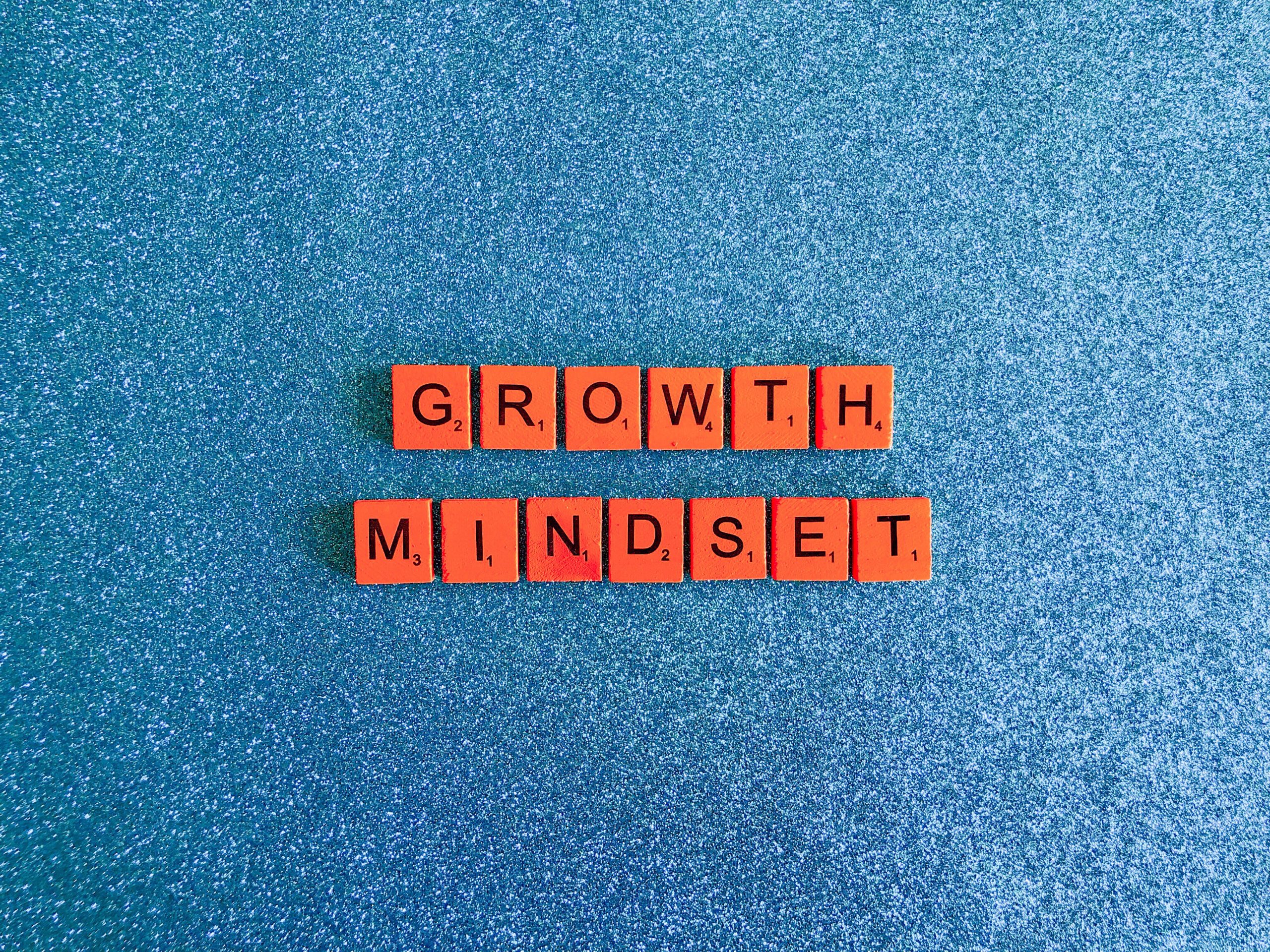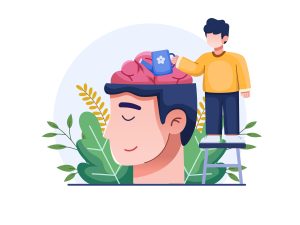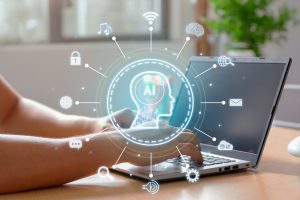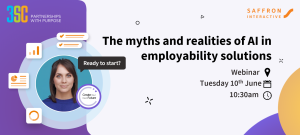With over one billion people worldwide who will need reskilling by 2030, how can you set the foundations for a sustainable learning culture in your business?
The statistic above is a widely cited estimate from the World Economic Forum and whilst it is easy to read with shock and awe, but then promptly ignore… It helps to conceptualise what we all now know: staying competitive in the fast-paced world of work means constantly adapting and growing. With this in mind, organisations must focus on fostering a sustainable learning culture that promotes continuous development.
Without it, they risk falling behind and missing out on the benefits of employee innovation, engagement, and empowerment. In fact, Deloitte’s research reveals that companies with a strong learning culture are 92% more likely to develop innovative products and processes.
So, let’s explore some practical insights and actionable steps that can empower you and your organisation, and help build a sustainable learning culture tailored to your unique needs.
Cultivate a learning mindset
At the core of a sustainable learning culture lies a growth mindset — a belief that abilities can be developed through dedication and effort. But this must be embedded at an organisational and team level, as well as down to each individual. It’s about recognising the value that continuous learning throughout our careers brings to the wider business and understanding that everyone has the potential to grow and develop their skillsets.
By communicating the benefits of continuous learning and embedding practices that encourage curiosity and exploration, we can begin to build the foundations for a growth minded workforce. But before you get started, it’s important to work out where you are now and where you want to get to. To get your mind working, think about how you or your organisation would answer the following questions:
- How do you currently foster a supportive environment which values learning and encourages taking risks?
- Where do you provide resources and opportunities for skill development and knowledge acquisition? And how is this promoted within the business?
- Where and how do you celebrate and recognise individual and team achievements related to learning and development?
Only once you’ve got an idea of what your current practices are, can you start to consider HOW to improve them. Whilst it’s never an easy journey, attempting to build a strong, sustainable learning culture relies on a solid understanding of the goals – and how you will measure their achievement.
Customised learning pathways and opportunities
To build a sustainable learning culture, organisations need to define clear learning pathways, offer diverse development opportunities, and guide employees to these resources effectively. Providing the right resources and giving employees the time and freedom to access them is key.
Maximising the impact of learning initiatives involves offering various resources like online courses, workshops, mentoring programs, job rotations, and knowledge-sharing platforms. On top of that, customising learning experiences to cater to individual needs ensures employees value their learning journey.
Leveraging AI is a game-changer in today’s tech-driven world. With AI, organisations can deliver personalised learning recommendations, empowering employees to take charge of their development. Using tools such as AI coaching platforms, you can offer real-time support and a learning experience that is tailored to their own wants, needs and goals – but is driven by the overarching business focus. This empowers employees to take charge of their own journey, helping to boost engagement and deliver measurable results.
By embracing new technologies and adapting learning experiences to individual needs, organisations create a culture of continuous learning, driving employee productivity, motivation and performance.
Harness the power of social learning and communities
Social learning and communities of practice can serve as powerful drivers for collaboration, knowledge sharing, and peer-to-peer learning. These communities provide platforms where employees can connect based on shared interests, expertise, or projects.
By embracing technology-enabled social learning platforms and virtual collaboration tools, employees can seamlessly exchange knowledge and actively participate in the learning process. This simple step can help feed and nurture a sustainable learning culture from the bottom up, but it is important to keep a watchful eye over the discussions to ensure these are focused and supportive. Designating ‘learning champions’ to take on the role of cultivating new discussions is a fantastic method of achieving this – and helps to reward employees for playing an active role.
Nurture a culture of feedback and reflection
Cultivating a culture of learning is deeply intertwined with feedback and reflection. We must create a nurturing environment where feedback is not just valued, but actively sought at every level.
This requires building a culture where managers are more than just power figures, they are also facilitators of development through their constructive feedback. At the same time, it’s important that employees don’t just perceive feedback as a top-down process but feel confident to share their thoughts with peers.
Interestingly, research underscores the significance of regular feedback. It shows that engagement levels can actually double when feedback is consistently provided. This isn’t just a statistic, but a reflection of the potential power of feedback in shaping a thriving work culture.
AI can play a significant role in this aspect as well. For example platforms like Saffron’s AIDA are designed to deliver immediate feedback, enabling employees to promptly adjust and enhance their performance. This instantaneous feedback mechanism is more than just convenient, it’s a powerful tool that accelerates performance improvement and fosters professional development.
Promote continuous learning at all levels
A sustainable learning culture should encompass everyone in the organisation, from entry-level employees to senior leaders. By promoting continuous learning as a shared value and expectation, organisations can foster a culture where growth and development are at its core. Leaders should set an example by actively participating in learning initiatives and showcasing their commitment to personal and professional growth.
This inclusive approach ensures that learning becomes an integral part of the organisational DNA, benefiting everyone.
Measure and celebrate learning outcomes
To ensure the effectiveness and impact of a sustainable learning culture, it is crucial to establish metrics and measurement systems. Clear goals and key performance indicators (KPIs) should be set in alignment with your organisation’s objectives. Regular evaluations and assessments of knowledge acquisition, skill development, and practical application will provide valuable insights into the success of the learning culture.
Additionally, don’t forget to celebrate and recognise individual and team achievements related to L&D! Making this effort reinforces the value and importance of continuous learning within the organisation. This will help to motivate employees to embrace learning opportunities and contribute to their professional growth.
Conclusion
Developing a sustainable learning culture requires deliberate efforts and a people-centric approach. By setting clear expectations, celebrating achievements, and consistently investing in learning and development, organisations can create a dynamic environment which embraces change, encourages growth, and celebrates the power of knowledge.
A sustainable learning culture can become the foundation for organisations to thrive in the face of challenges and seize opportunities for growth. It ensures continued relevance and competitiveness in this ever-evolving business world.
So, is your organisation ready to unlock its potential and embark on a continuous learning journey? Get in touch with us to explore how you can embrace the power of knowledge and drive performance through a strong, sustainable learning culture.









